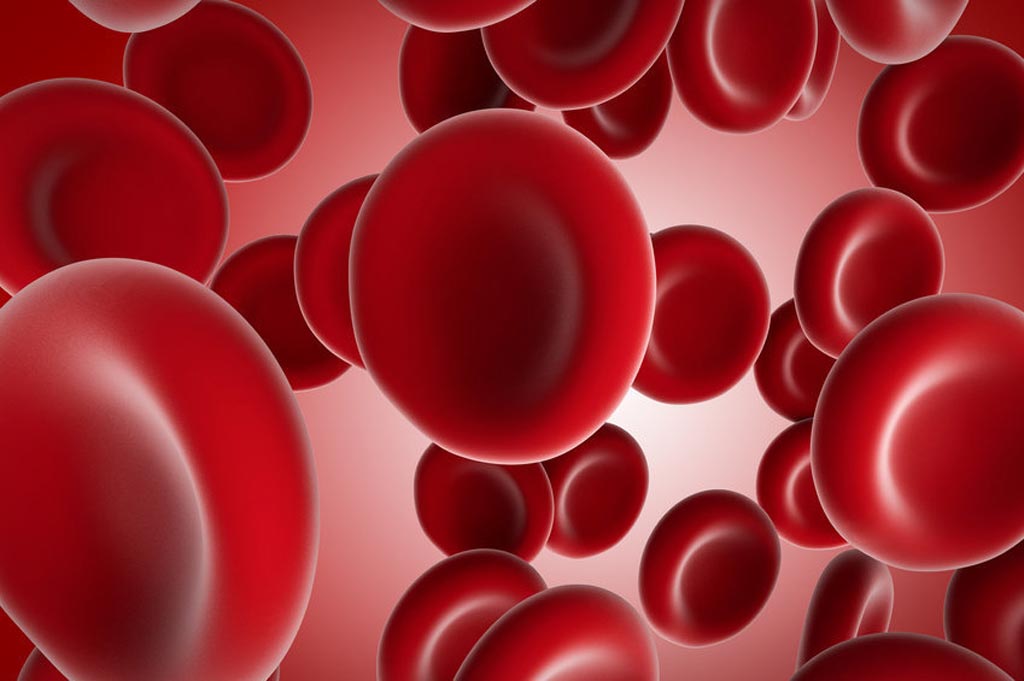New Genetic Variants Discovered in Blood Group Systems
By LabMedica International staff writers
Posted on 10 Feb 2017
On the surface of the red blood cells are proteins and sugar molecules, in which small differences give rise to different antigens. The ability to identify and match blood group types is important for blood transfusions, but also in pregnancy and before certain types of transplantation.Posted on 10 Feb 2017
Next-generation sequencing (NGS) is rapidly moving toward routine practice for patient and donor typing and has the potential to remedy some of the limitations of currently used platforms. However, a large-scale investigation into the blood group genotypes obtained by NGS in a multiethnic cohort is lacking.

Image: Researchers discovered 1,000 new gene variants in blood group data (Photo courtesy of Fotalia).
Scientists at Lund University extracted data from the 1,000 Genomes Project, which provides information on genome variation among 2,504 individuals representing 26 populations worldwide. They extracted their NGS data for all 36 blood group systems to a custom-designed database. In total, 210,412 alleles from 43 blood group–related genes were imported and curated. They developed matching algorithms to compare them to blood group variants identified to date.
The team found of the 1,241 non-synonymous variants identified in the coding regions, 241 are known blood group polymorphisms. Interestingly, 357 of the remaining 1.000 variants are predicted to occur on extracellular portions of 31 different blood group–carrying proteins and some may represent undiscovered antigens. Of the alleles analyzed, 1,504 were not previously described. The study showed that 89% of the genetic variants were previously known, but among the remaining 11% were a total of 1,000 different mutations which were absent from official catalogues of known blood group variants.
The results were exported to an online search engine, www.erythrogene.com, which presents data according to the allele nomenclature developed for clinical reporting by the International Society of Blood Transfusion. Mattias Möller, a doctoral student who developed the program, said, “Never before has there been a worldwide mapping of blood group genes in healthy individuals. Most previously known blood group variants were discovered when a blood transfusion failed, i.e. when it didn't work between the donor and the recipient. I started from the genes instead, to find variations in DNA which might give rise to a new antigen, likely to cause problems in case of transfusion, for example.” The study was published on December 27, 2016, in the journal Blood Advances.













